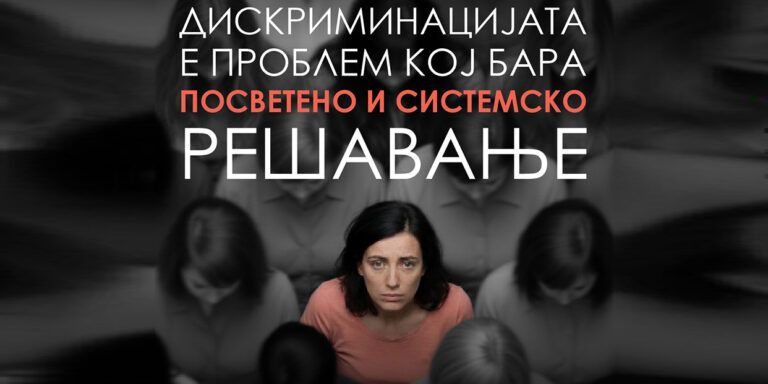New cooperation possibilities in waste management
“Pakomak” company, which has been working on selection and processing of packaging waste, met with representatives of CSOs supported by Civica Mobilitas, in order to strengthen their cooperation and improve the system for waste selection. The meeting took place on 24th April 2025 at the premises of the Macedonian Center for International Cooperation (MCIC).
The Pakomak representative Iko Brdaroski presented the current activities, stressing the investments in infrastructure and citizen education on the importance of recycling. One of the key projects of the company is the establishment of a smart system for waste management, in cooperation with the Swiss Embassy. The project lasts for 38 months and includes installing 70 vending machines for return of packaging, as well as development of software and sensors for monitoring of the level to which the container have been filled.

“Pakomak cooperates with 68 municipalities in the country, which is around 80% coverage at national level. At the moment, all 1,700 containers that they have include built-in sensors that signalize the level to which they are filled, which enables optimization of the routes for waste collection and decrease of expenses,” stressed Brdaroski, adding that Macedonia is the first country in Europe with 100% coverage with such a smart system. He added that it is planned to additionally place 80 vending machines in the next three to four years. “When the number of vending machines reaches 200, the system will be transferred from the current model of ‘green points’ to a monetary deposit, a model that is already functioning successfully in many western European countries,” said Brdaroski.
Apart from the investments in infrastructure, “Pakomak” also implements a number of activities for education and public awareness raising via advertising and promotional materials in markets, schools and shopping centres. “Although the budget for educational activities is legally limited to 5-15%, we need synergy with the local companies and organizations to effectively spread environmental awareness,” stressed Brdaroski.
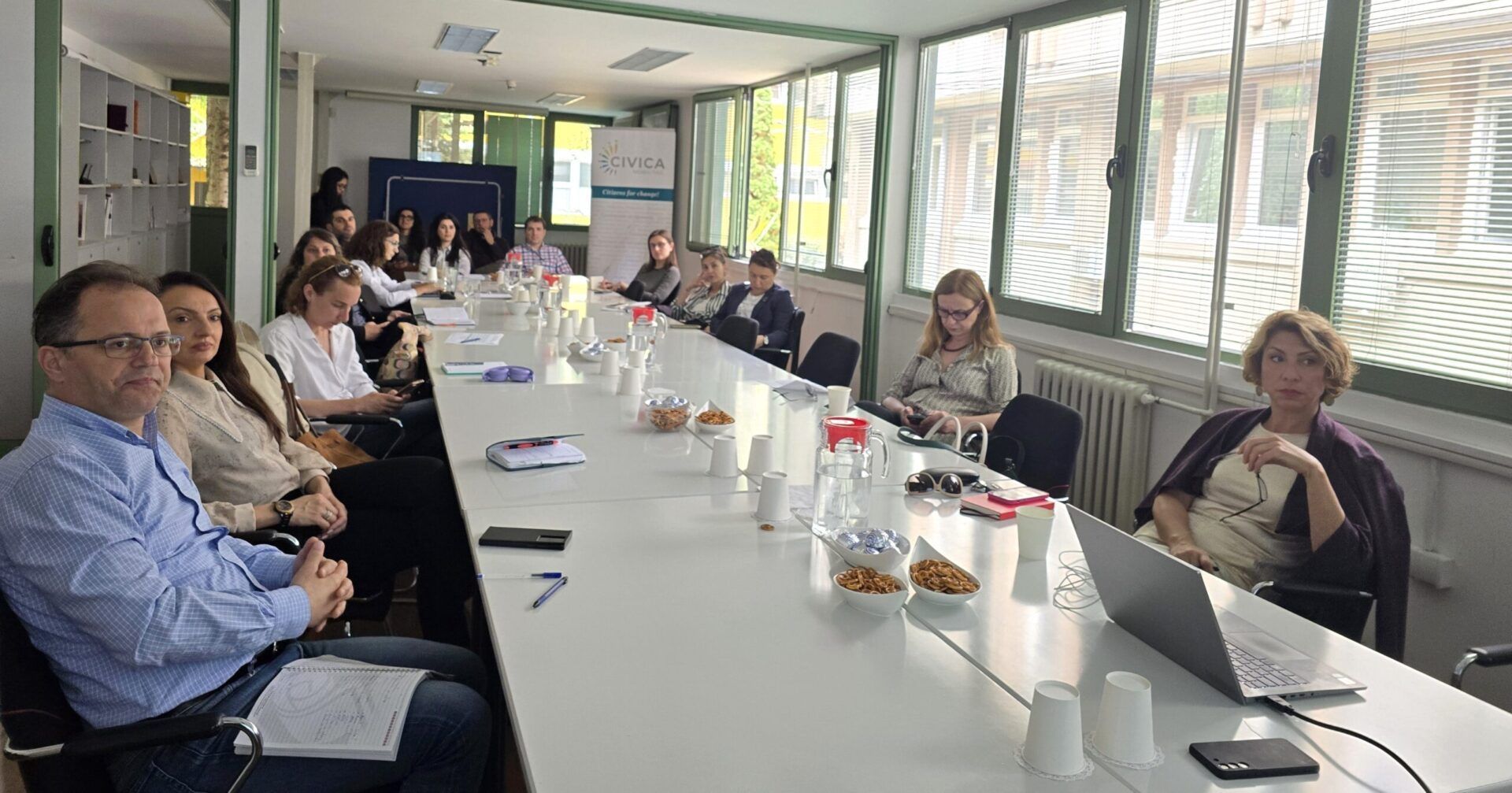
The CSO representatives stated that a better coordination is needed between the communal enterprises and municipalities, especially when it comes to aligning the regional approach to waste. Bojana Stanojevska from the Centre for Climate Changes stressed that “the primary selection of plastic should be gradually returned to all households, parallelly with the introduction of vending machines,” adding that the projects financed by Civica Mobilitas actively work on creating habits for selection and primary sorting with the citizens.
The municipalities of Kriva Palanka, Bosilovo and especially Berovo were indicated as successful examples of engagement of small municipalities in waste selection; there, according to Brdaroski, “around half of the households actively use the containers”.
Emilia Geroska from the organization Pro Local proposed that the cooperation with the schools from the Pelagonija region should be intensified, while Jasmina P. Neshkoska from Eco Logic proposed “to think of creative ways for engaging the students and reactivating the machines that are placed in schools but are not sufficiently used”. The representatives of the organizations agreed that a good way to motivate the students is to organize competitions among schools for best results in waste selection and recycling.
“We have around 1,000 new users of the vending machines per month, without increasing their number. This is a proof that there is interest among the citizens, it should only be additionally stimulated and the habits need to remain,” concluded Brdaroski. In line with this, there is an optical line for waste selection introduced with the support of the Swiss government. “Now the selection is manual and it reaches a capacity of around one tone per day. With the new automatic line, we can select up to 10 tons of waste per day,” stressed Brdaroski.
The students have ended their meeting with an agreement that they will continue their discussions during the forthcoming Networking Meeting and open possibilities for new cooperation in the area of waste management and environment protection.




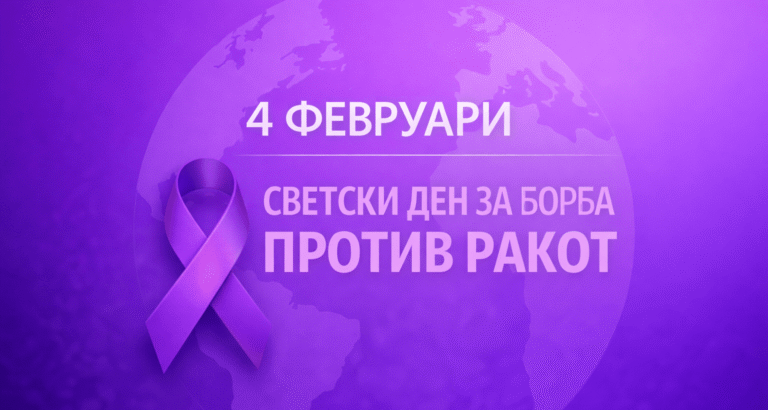
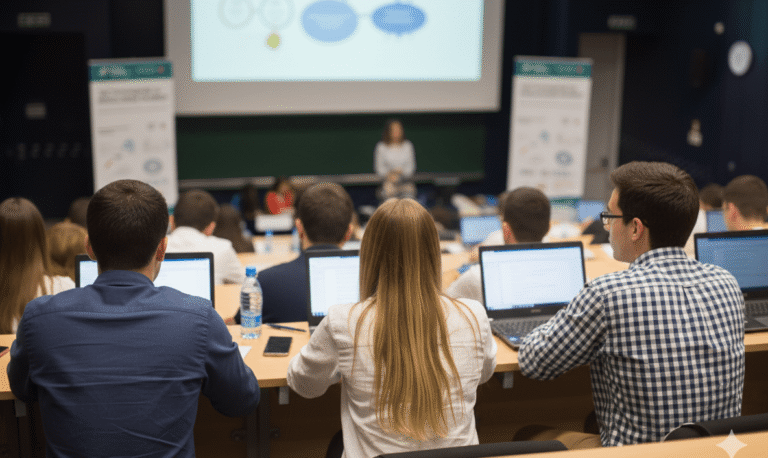
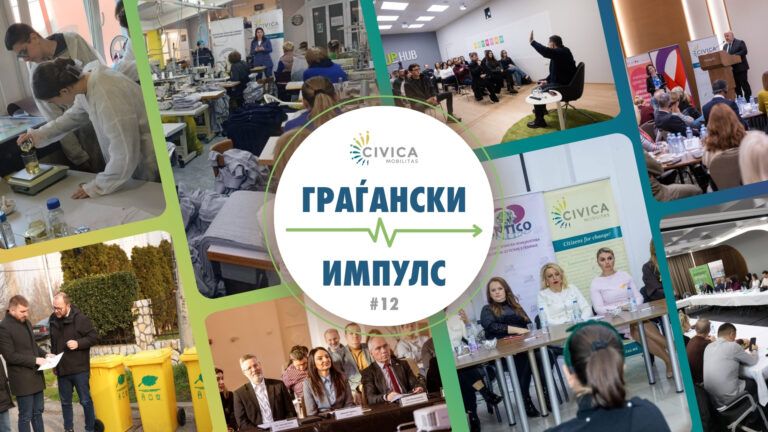
![Sre]ni praznici(2)](https://civicamobilitas.mk/wp-content/uploads/2025/12/sreni-praznici2-768x432.jpg)
